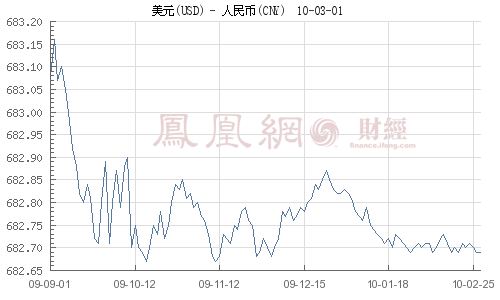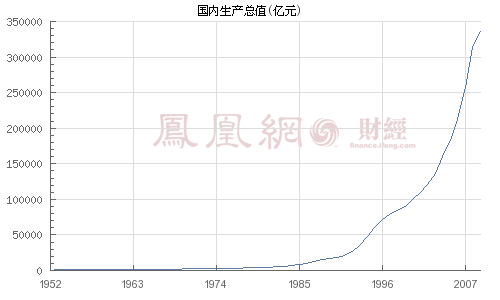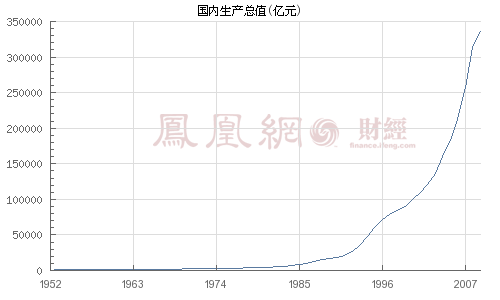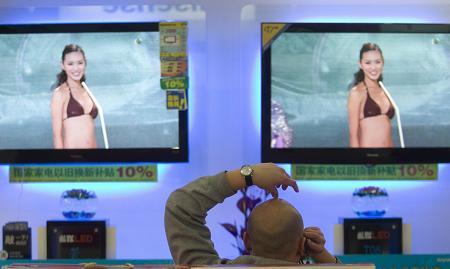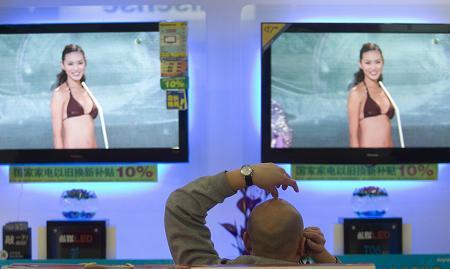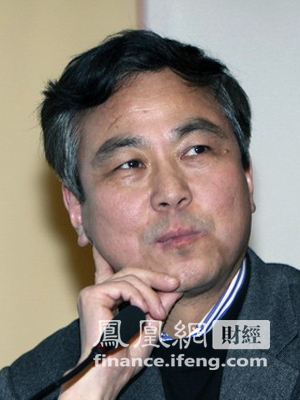Do Boris Johnson's tax and spending plans add up?
 Image copyright Getty Images
Image copyright Getty Images
Boris Johnson has used his first speech as prime minister to make a series of spending promises as part of his plan "to take decisions...to change the country for the better".
Speaking in Downing Street, after taking over from Theresa May as Conservative leader, he outlined pledges including more police and full-fibre broadband across the UK. He also signalled tax changes.
So, how much would this shopping list cost?
The Reality Check team has been looking into the details of some of the policies from the speech and some he announced during the leadership campaign.
Lots more police officers
My job is to make your streets safer – and we are going to begin with another 20,000 police on the streets
The plan: Hire an extra 20,000 police officers by 2022
What it means: There are 122,000 police officers in England and Wales, down from 143,000 in 2010 when Theresa May became home secretary.
Mr Johnson repeated in Downing Street his plan to reverse almost all of those cuts.
There has been some dispute about the link between police numbers and levels of violent crime, with Theresa May saying there was not a direct link.
But Metropolitan Police Commissioner Cressida Dick has said there is "some link" between the two.
The cost: Mr Johnson has given a figure of £1.1bn.
For police officers outside London, the lowest pay was about £25,400 in 2016 (although this differs from force to force).
That comes to £500m a year but these costs will increase once they complete training, which takes about two years.
Typically, after four years, the pay will increase to £33,700 (again outside London) - so almost £700m but this doesn't account for training costs.
The Nottinghamshire police force estimated recruitment and training to be about £13,000 per officer in 2012 (not including salary received during training).
This would come in at about £258m for 20,000 new officers but again this would differ from force to force.
Conservative MP Kit Malthouse, who supports Mr Johnson, says part-time special constables, who already have police training, would be recruited to become police officers, to help alleviate training costs.
Full-fibre broadband
Safer streets and better education and fantastic new road and rail infrastructure and full-fibre broadband
The plan: It is currently government policy to have full-fibre broadband across the UK by 2033 - Mr Johnson says he will have it done by 2025.
What it means: Having full-fibre broadband means getting high-speed optical cables going into buildings so there is no use of copper cables.
The telecoms regulator Ofcom said that in May only 7% of UK properties had full-fibre broadband.
Increasing that to 100% in six years would be a big project and there has been no detail so far of how Mr Johnson plans to do it.
The cost: Mr Johnson has said that government money would be needed to make this happen but has not specified how much.
Commercial operators could be expected to fund this work in densely populated areas where they could expect to get a decent rate of return. But in more remote areas, there may have to be government subsidies.
The government's current plan estimates that getting full-fibre broadband to the most remote 10% of properties will require it to spend between £3bn and £5bn - it is reasonable to assume that doing it in six years instead of 14 years would increase that cost.
Figures of about £30bn have been cited but it is not clear how much of that would be government money and how much would come from commercial investment.
Cash for schools
We are going to level up per pupil funding in primary and secondary schools
The plan: Level up per pupil funding in primary and secondary schools in England
What it means: Mr Johnson wants to make sure per pupil funding is at least £5,000 across the country.
There were also hints during the campaign that he would reverse previous cuts to school spending, which would be considerably more expensive.
MPs on the education select committee said that "a multi-billion cash injection" was needed.
The cost: Taking per pupil funding to £5,000 would be relatively cheap - about £50m a year.
Reversing previous cuts to spending was estimated during the campaign to cost about £4.6bn, although teaching unions have said that schools need an extra £12.6bn.
Raise higher income tax band
- [支持最多的] 慕尼黑狂欢派对大批“兔女郎”上阵(图)
- [反對最多的] 十三届华表奖优秀故事片提名:超强台风
| 對本文中的事件或人物打分: | |
| 當前平均分:-0.48 (244次打分) | |
|
|
| 對本篇資訊內容的質量打分: | |
| 當前平均分:0.03 (212次打分) | |
|
|
- [感動最多的] 台湾18岁少女 32E胸围火速蹿红(组图)
- [路過最多的] 無綫《西遊記》網民唔like 揚言罷睇
- [高興最多的] 台湾18岁少女 32E胸围火速蹿红(组图)
- [難過最多的] 十三届华表奖优秀故事片提名:超强台风
- [搞笑最多的] 刘嘉玲恶斗张曼玉显疲惫 素颜现身太阳镜遮
- [憤怒最多的] 章子怡惨被39岁老女人夺夫的五大原因
- [無聊最多的] 元朗7.21事件八個月晚上有人堵路 警方放催
- [同情最多的] 《斗牛》入围威尼斯电影节 黄渤为戏受伤一
最新報道
- 10-22金秀賢遭化妝品牌索償5億韓
- 10-16法院駁回韓裔團體清拆令覆核
- 10-15特朗普稱考慮停止從中國進口
- 10-15魯普尼克神父涉性侵至少 40
- 10-14世衛警告 具抗藥性超級病毒
- 10-14專訪.花蓮洪災︱港人赴台做「鏟
- 10-13人質將獲釋 以色列宣告戰勝
- 10-09法國總統馬克龍兩日內任命新
- 09-30南韓自殺人數創新高 40 代人
- 09-26兩外籍女追風 涉疏忽照顧兒









